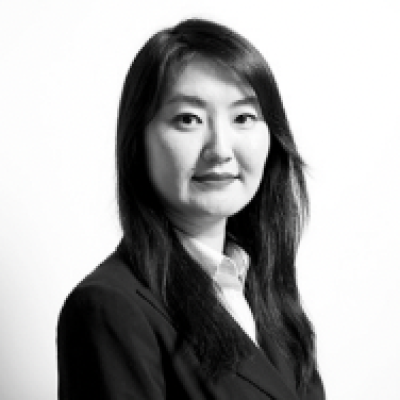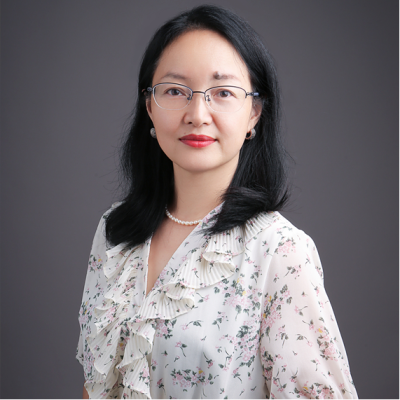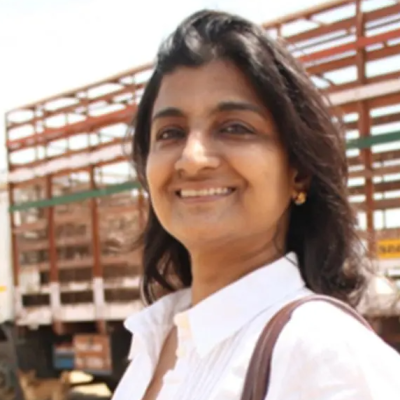PARALLEL SESSION ROOM5
| 13:30-15:00 | Frameworks of AI Governance (Jump to the session) |
| 15:10-16:40 | AI Governance and Regulations (Jump to the session) |
| 17:00-18:30 | AI Media, Communication, and Education (Jump to the session) |
While enjoying the benefits brought by AI, there are also concerns about potential risks that emerge from developing and using AI. The four presentations in this session will highlight different AI governance frameworks that are being established and implemented at national, regional, and international levels. For instance, speakers will explore a dynamic European AI network from 18 countries. Speakers highlight the importance of forward-thinking that prioritizes inclusivity, agility, and a holistic governance approach in establishing AI governance frameworks. Speakers will introduce the Wings Theoretical Futures (WTF) framework which can provide a comprehensive and structured approach to future thinking about AI governance. Speakers will also introduce a theoretical framework to assess what challenges are covered or missed by AI national strategies. Four presentations in this session aim to enrich the understanding of AI governance frameworks across different areas.

Zhengkun Hu (Chair)
Director for AI Ethics and Governance, SenseTime, China

Pankaj Pandey
Dr Pandey is a Research Scientist at the Center for Cyber and Information Security, Norwegian University of Science and Technology, Campus – Gjovik, Norway

Craig Wing
International Speaker, Futures strategy, scenario planning, EdgeofNowhere host, PhD Candidate

Anuujin Sanjaajamts
Expert of E-Government Development, Communications and lnformation Technology Authority (CITA), Governmentof Mongolia
In recent years, the rapid growth of artificial intelligence (AI) technologies has sparked widespread discussions about their transformative potential in addressing complex issues across various domains. It is undeniable that AI presents enormous opportunities for humankind, especially in healthcare. With this surge in AI applications, there is a growing need for both comprehensive governance and ethical frameworks as well as laws and regulations to guide its responsible deployment. The European Commission proposed the first EU regulatory framework for AI in 2021, and China and the U.S. are frequently exploring options for AI technology regulation. The myriad global complexities of governing AI demand a holistic approach covering law, regulation, technology, governance, and international dialogues and cooperation.

Zheng Liang (Chair)
Vice Dean, Institute for AI International Governance of Tsinghua University

Ansgar Koene
Global AI Ethics and Regulatory Leader at EY

Rostam Josef NEUWIRTH
Professor of Law and Head for Department of Global Legal Studies at the University of Macau

Yik Chan Chin
Associate Professor at the School of Journalism and Communication, Beijing Normal University
In this session, speakers will discuss AI’s impact from a communication perspective, focusing on what changes the communication ecosystem is undergoing in the era of AI and what AI-related issues are presented in the media landscape. Six speakers will explore these problems from their own expert perspectives in both lightning talks and presentations. For instance, speakers will explore AI’s roles in content creation, as well as how it is transforming the communication process. Speakers will focus on changes that social robotics have brought to the interactions of human-to-human and human-to-machine. In addition, researchers will highlight how real-time public discourse is being constructed on X (formerly Twitter) and how AI governance is discussed and shaped through Chinese media platforms. Collectively, this session examines how AI has changed different aspects of communication.

Nimmi Rangaswamy (Chair)
Professor, International Institute of Information Technology Hyderabad Telangana, India

Chu Chu
Ph.D. Candidate, Journalism School, Fudan University

Fernando Buarque
Prof. Fernando Buarque, DIC PhD AvH SM-IEEE Senior Associate Professor of Computing(AI), School of Engineering, University of Pernambuco, Brazil

Min Yang
Researcher at the United Nations University Institute in Macau

Pia Faustino
Director for Social Impact and Sustainability Thinking Machines Data Science
